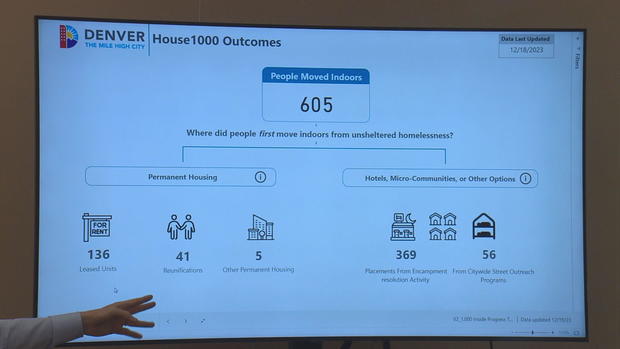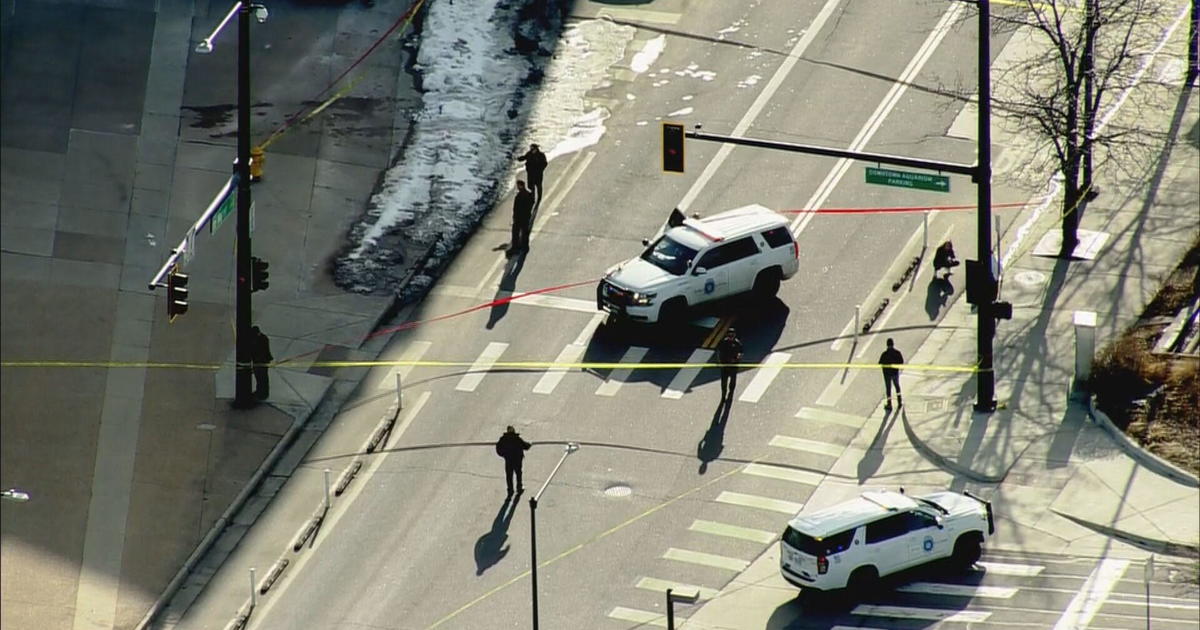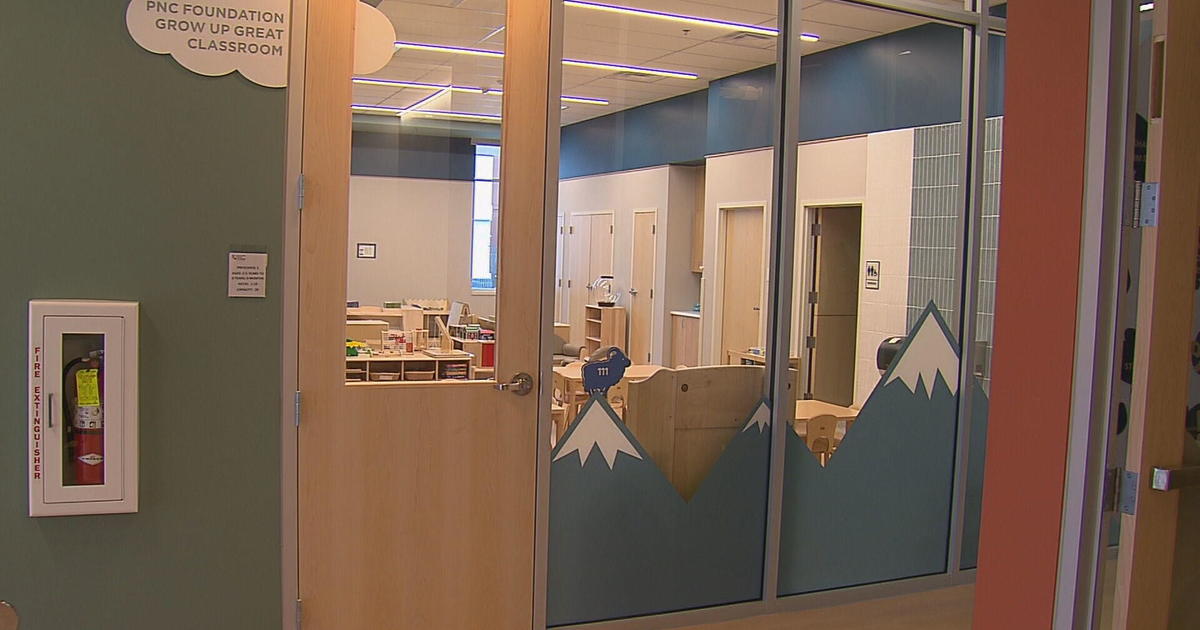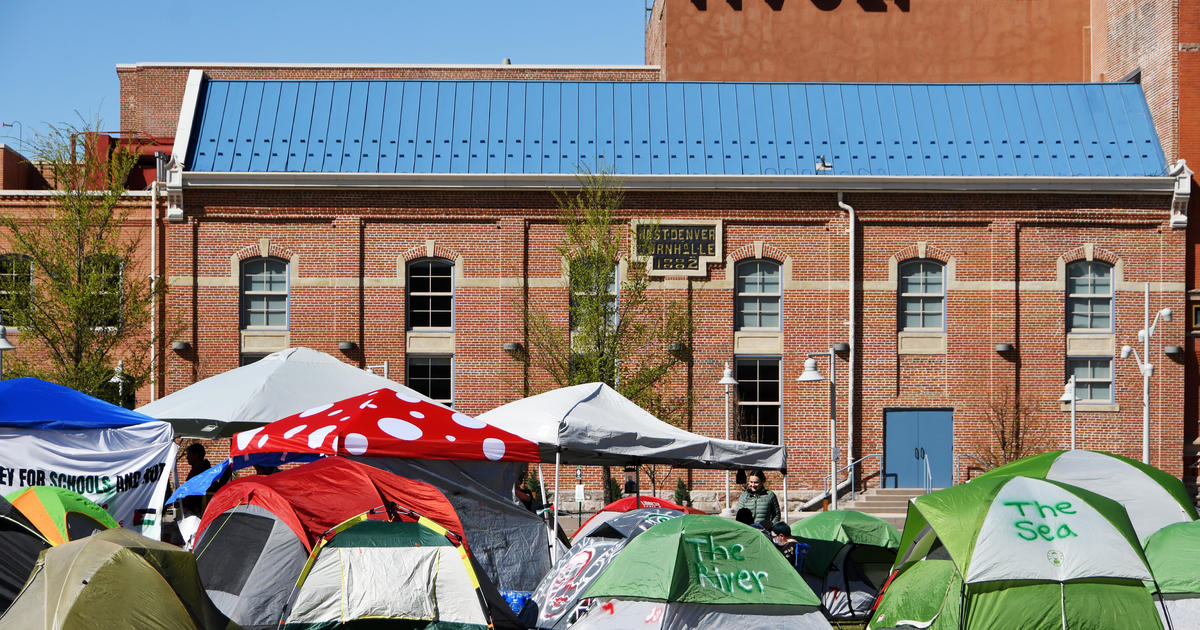Denver revamps homelessness dashboard following confusion, criticism of housing metrics
The City of Denver is changing the way it measures the amount of people moving out of homelessness and into shelter, with Mayor Mike Johnston's introduction of a more detailed House1000 dashboard.
Johnston, along with Cole Chandler, the city's senior advisor for homelessness resolution, introduced the new dashboard to reporters on Tuesday during an informal meeting.
"Really in the last several days, we've had more clear conversations about what exactly [the dashboard] was depicting, what it wasn't depicting, and what we thought was missing," Johnston said. "And that was what was going into this refresh was to get clearer on that."
While the refresh includes the same thermometer with the number of people the city has taken off the streets and into shelter or permanent housing, there's now information on how many of those people still remain housed. It also further breaks down how long they have been housed, whether its under 30 days, or over 30 days.
With these changes, the city has also eliminated its previous use of 14 days in housing as a measure for successful transition under House1000.
"We've moved to this being the 30-day metric," Johnston said. "Because we think its longer and more stable."
"The spirit of this always was, 'Let's bring people indoors; lets contribute towards long-term housing outcomes.' Fourteen days was not able to be a static point in time that could tell that story, and so we're trying to tell that story in a much more complete way here," Chandler said.
Another chart breaks down what happens to those who have not stayed in shelter, including what Johnston calls negative outcomes: People who are deceased, end up in jail, leave the shelter for unknown reasons or return to the streets.
"Whether you were there one day, 10 days, 20 days, 30 days, the question was how do we show if someone has left, that they're no longer in the program, and how does that adjust to the amount on that thermometer," Johnston said. "To be fully transparent of the progress that we're seeing."
Johnston says at the start of the new year, the House1000 dashboard will reflect the city's new goal of housing 2,000 unsheltered residents by the end of 2024.
"We're still planning to bring on new facilities even through January and February, so we still will be actively rehousing more people through this effort early through 2024," Johnston said.
Right now, the dashboard does not reflect migrants who have also ended up on the streets, but Johnston says they are working on tracking that information, as well as housing migrants and hope to make that information available publicly as well.
"We did not want to confuse the data set here, and so we will present that to you as a separate data set when we do our tracking," Johnston said.
The mayor also addressed questions about rumors that he stood to gain financially from city council's vote this week to purchase the Embassy Suites on Hampden Avenue to house people experiencing homelessness.
"There's zero conflict of interest. First of all, Urban Land Conservancy is not the owner of that property, the city is. The city will own the Embassy Suites free and clear. We're the only owner," Johnston said. "Obviously, I worked for Gary Community Ventures. I have no equity; I have no ownership; I have no shares in that it's a philanthropic organization that supports kids and families in the city. It has no equity or ownership in the Urban Land Conservancy."





